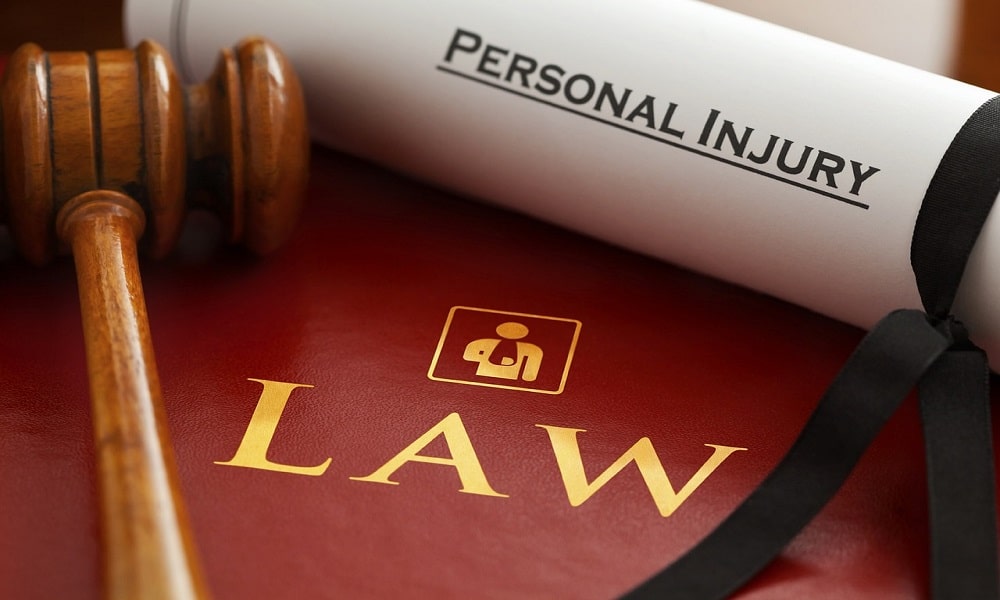Being sued can be a nightmare scenario for small business owners. A lawsuit could cost your business both money and reputation – potentially even forcing it out of existence entirely.
Personal injury cases often involve various damages, including medical expenses, lost wages and pain and suffering damages that can quickly add up.
1. Make sure your business is properly insured
Business litigation is a part of doing business, but steps can be taken to mitigate its impact. These include purchasing adequate liability insurance and creating a business structure which shields owners from personal liability due to company obligations.
Precautionary steps that could help avert costly lawsuits include creating a safe work environment, consulting a lawyer on contracts and maintaining accurate records. By taking these measures, companies may help avoid costly and time-consuming litigation that could damage both their reputation and finances; as well as incurring financial damages that include revenues lost, resources consumed and time consumed due to delays; in addition to stress anxiety and frustration resulting from such litigations.
2. Have a business lawyer review your contracts
Business lawyers offer invaluable assistance when it comes to contract-related matters. They can draft new contracts, review existing ones, explain their terms to you and ensure that they comply with legal regulations and binding obligations.
Hire the best injury attorney to review your contracts can help avoid future misunderstandings and legal problems – saving both money, time and stress in the process.
Small businesses frequently enter into complex contracts and it is essential they have legal advice available on their side to protect them. With LegalShield’s plans, small business can have access to monthly legal review reviews at an affordable cost.
4. Keep good records of all business transactions
Litigation can be extremely expensive for small businesses and its reputation, but you can take steps to minimize its potential impacts by engaging a business lawyer to review contracts, training employees appropriately, keeping detailed records on transactions, adhering to applicable laws and regulations, as well as following all laws and regulations pertaining to your industry. By following these tips you can reduce the risk of litigation while safeguarding personal assets if needed.
Good recordkeeping involves keeping accurate accounts of all income incurred by your business as well as all interactions with customers and vendors, such as correspondence between these groups. Furthermore, it would be advisable to maintain a phone log of conversations as a means to document changes in relationships.
6. Hire a business lawyer if you’re sued
While no one is immune from legal disputes, taking proactive steps can significantly lower your risk. Such steps include purchasing quality business insurance coverage and hiring an experienced New York business lawyer to review all contracts and ensure they are legally binding, as well as creating policies which set clear boundaries between personal expenses and assets for both you and the company.
Avoiding litigation and protecting your business are two goals worth pursuing, so incorporating and creating a separate business entity (and thus limiting personal liability of owners) are two essential strategies. Training employees is also key, along with creating strong employee conduct policies and maintaining accurate records for all transactions conducted within your organization.
7. Have a business lawyer represent you in court
An attorney on retainer is one of the best ways to shield your business from legal liability. These professionals can help your organization understand and comply with all relevant laws and regulations, represent you in court when necessary, and represent your interests when appropriate. When selecting one for your industry be sure to choose a specialist with experience handling issues that arise within it; otherwise you could find yourself facing personal guarantee obligations which require separate legal representation in case they come into dispute.
8. Hire a business lawyer if you’re sued
Small businesses face the very real prospect of litigation, which can be both expensive and stressful, not to mention damaging to their reputations.
Be sure to have a business lawyer on retainer to protect yourself from litigation and help safeguard against lawsuits. They can review all contracts, train your employees on company policies and ensure compliance with laws and regulations; in addition, they can help secure intellectual property such as trademarks and copyrights.
A skilled business attorney will also advise on how best to structure your business, which could put your personal assets at risk in case of litigation. They can also assist in getting insurance and handling any disputes with customers or other businesses.


